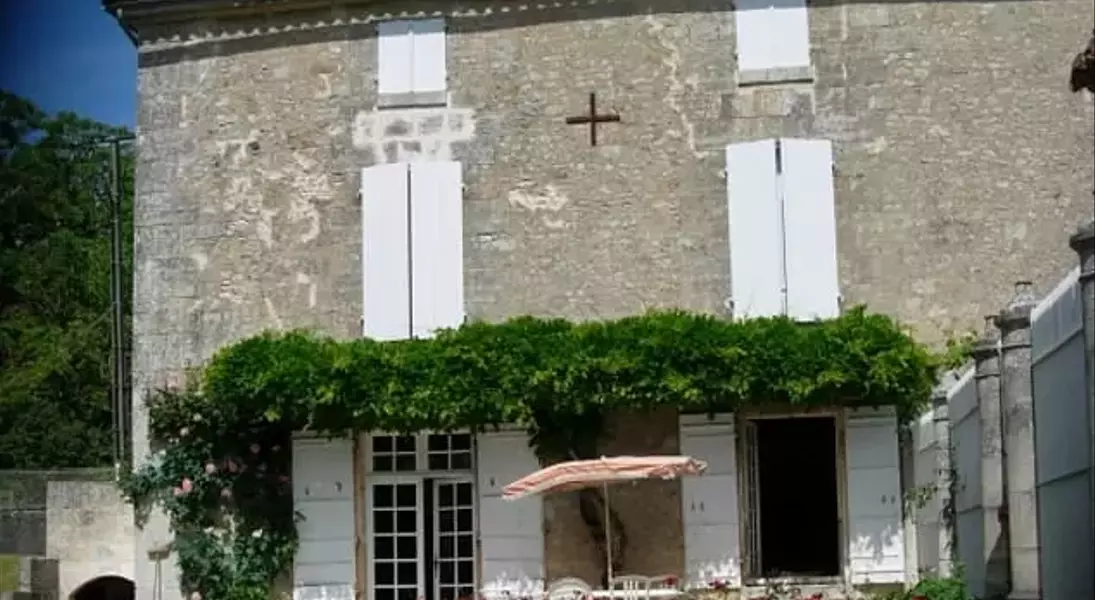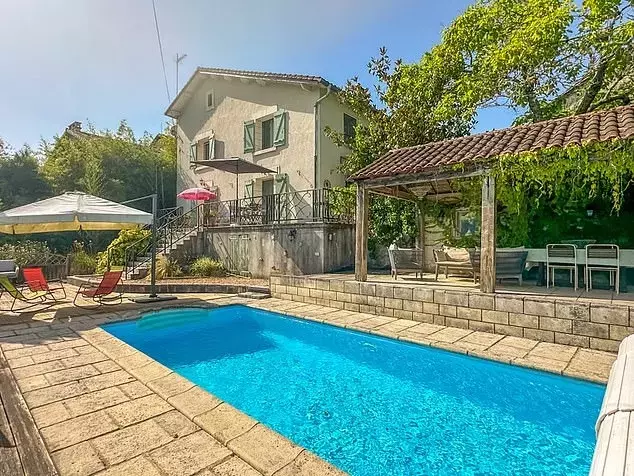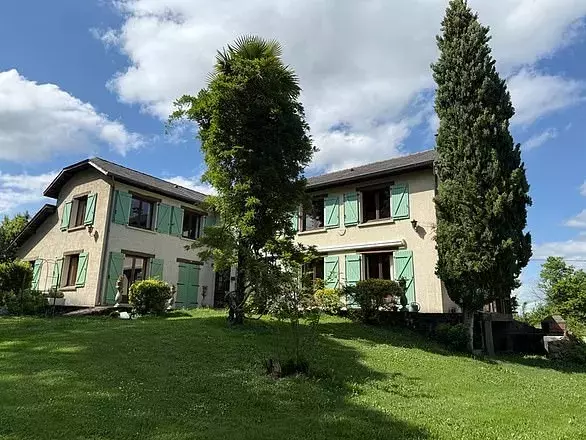





Your French Retreat: A Prudent Investment or a Costly Endeavor?
Unveiling the Appeal of French Property Ownership: More Than Just a Vacation Spot
Many individuals envision owning a piece of France after experiencing its captivating charm, whether through the serene countryside of the Dordogne or the inviting shores of Brittany. The perceived value for money in the French real estate market, with properties like a four-bedroom house in Normandy for around £100,000 or a two-bedroom apartment in the Pyrenees for £93,000, often sparks this interest. Beyond mere affordability, France's rich culinary scene, relaxed pace of life, and abundant sunshine, coupled with its accessibility from the UK, make it an attractive destination for potential second-home owners.
The Dream vs. Reality: Long-Term Commitment and Post-Brexit Considerations
With approximately 86,000 British-owned holiday homes and thousands more purchased annually, predominantly in the €100,000 to €250,000 range, the appeal is evident. However, the post-Brexit rule, limiting non-EU citizens to 90-day stays within any 180-day period, significantly impacts usage. The fundamental question then arises: what are the true financial implications beyond the initial purchase price? For those frequently renting properties in France, evaluating whether ownership truly offers a better financial outcome is paramount.
Pursuing the Vision: Lifestyle Choices and Personal Connections Driving French Home Purchases
For many, acquiring a home in France is less about financial speculation and more about embracing a desired way of life. Experts like Tim Swannie of Home Hunts emphasize that buyers are primarily motivated by a desire for a permanent base in a cherished location, seeking a personalized space they can frequent at will. Emotional and familial ties also play a significant role, as highlighted by Carol Curtis of Leggett Immobilier, with some families maintaining connections to France across generations. The aspiration for a family legacy, however, does not always align with the practicalities of ownership.
Real-Life Perspectives: Diverse Experiences of French Property Owners
Rhian Gait-Parker, a retired Welsh lawyer, and her husband Dave purchased a two-bedroom longere in Brittany for €80,000 (£69,000) in 2022. They visit several times a year, appreciating the convenience for their dog. Despite considering selling, the sense of familiarity and ease their own property provides, at a modest annual running cost of £2,500, outweighs the hassle of renting. Similarly, primary school teacher Graeme Powlesland bought a four-bedroom home in Normandy for €120,000 (£103,000) in 2015, drawn by low prices and favorable borrowing rates. He views his French home as a long-term project and an investment hedge against currency fluctuations, despite a recent 4.2% drop in average French property prices in 2024, as reported by the Notaires de France.
The True Cost of Ownership: Beyond the Sticker Price
While a three-bedroom villa with a pool in the Dordogne might cost £2,000-£3,000 per week to rent, renting for six weeks a year over a decade only amounts to 50-60% of a similar property's purchase price. However, the initial buying costs in France are higher than in the UK, typically around 10% of the purchase price. Judith Whitlow of Beaux Villages notes that Notaire fees, which encompass transfer taxes, land registry fees, and administrative costs, usually account for 8-9% for older properties. Additional expenses may include surveys, currency exchange, and legal consultation.
Ongoing Financial Commitments: Understanding Annual Property Taxes and Maintenance
Property ownership in France entails annual taxes, including Taxe foncière (a yearly ownership tax varying by location and property value) and Taxe d’habitation for second homes, averaging around €1,000 (£862) annually. Major expenses over 15-20 years can involve significant costs for roof repairs, swimming pool refurbishment, and heating system replacements, potentially reaching five figures. Sue and Tony Bridges, for example, underestimated their running costs for a two-bedroom property in Carcassonne, spending approximately €5,195 (£4,482) annually on various utilities, insurance, taxes, and building maintenance.
Managing Exterior Upkeep: Garden and Pool Maintenance Costs
While not having a swimming pool can reduce running costs, large gardens, a key attraction of rural French properties, require ongoing care. Gardening services can range from €25 to €40 (£22 – £34) per hour, accumulating to €1,200 – €2,800 (£1,032 – £2,408) annually for regular maintenance. Fully managed swimming pools add €1,100 – €3,000 (£946 – £2,580) per year. Additionally, property oversight services like keyholding or regular checks can cost €1,300–€3,000 (£1,118 – £2,580) annually. General maintenance and odd jobs typically incur €300 – €1,000 (£258 – £860) annually. Charles Cramailh of Leggett Property Management estimates that a typical three-to-four-bedroom detached house in Occitanie, with a pool and medium-sized garden, costs €6,500 to €12,200 (£5,590 – £10,492) per year, excluding second-home tax.
Addressing Unexpected Expenses and Potential Rental Income
Home insurance premiums in France, higher for second residences, can range from €300 to €600 (£258 – £516) annually, with recent increases due to factors like forest fires. Unexpected costs from severe weather or tax reassessments can also arise. To offset these rising expenses, many second-home owners consider short-term rentals. Full management companies typically charge 15–30% of rental income, plus cleaning fees, and rental income tax applies to profits. Navigating tax changes for holiday-let owners often necessitates accountancy fees.
Considering Property Sale: Capital Gains Tax and Offsetting Costs
Upon selling a French property, capital gains tax is usually incurred, comprising 19% income tax and 7.5% social charges for Britons (a reduced rate for non-EU nationals). However, various expenses can be offset, significantly reducing the taxable amount. These deductions include stamp duty paid on purchase, estate agent fees, and 15% of renovation costs. Taper relief, based on years of ownership, also applies. For instance, a €100,000 (£86,000) gain on a €300,000 (£258,000) property held for ten years might result in only €5,681 in tax, as advised by tax advisor Geraud Nayral. Individuals with French real estate assets exceeding €1.3 million may also be subject to wealth tax (IFI). If these considerations prove daunting, continuing to rent remains a viable alternative to ownership.
